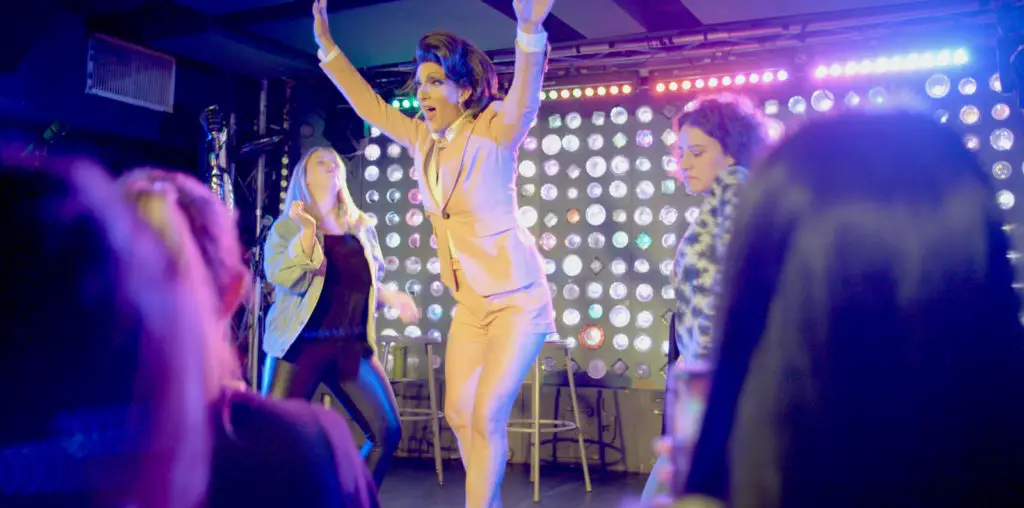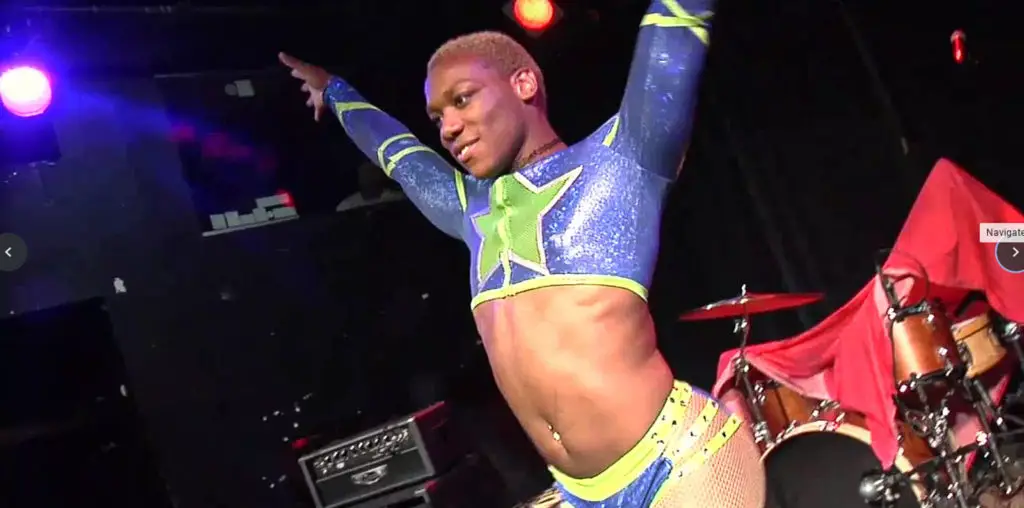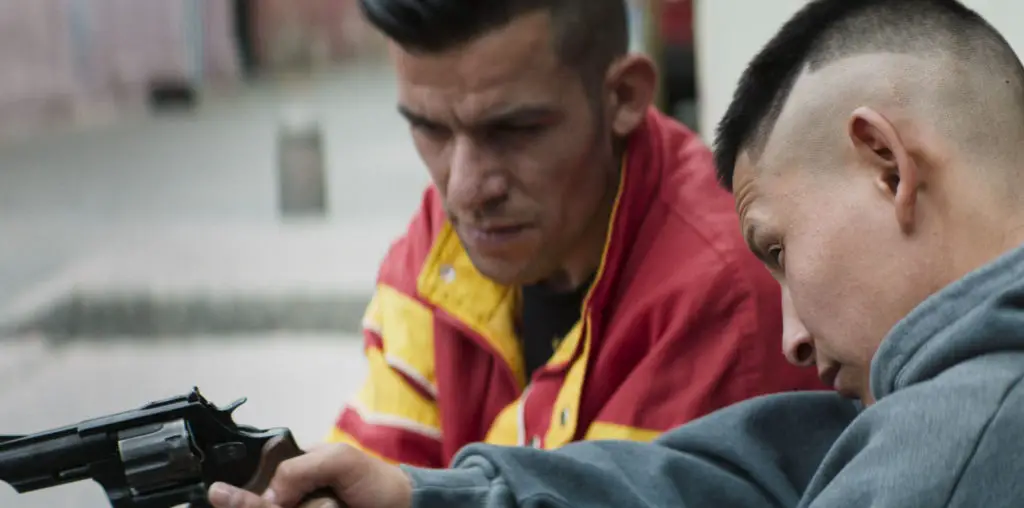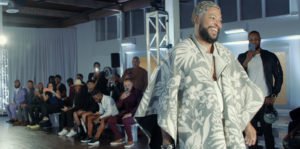
Director Ryan Ashley Lowery’s documentary Light Up presents intimate profiles of four Black gay men and a transgender woman. Lowery surrounds them with support and encouragement to tell their stories of being ostracized and rejected, followed by later success and emotional health in their careers and social lives.
The events they recount were poignant and often heartbreaking. Typically, the difficulties in their lives began when they were small children. Before being exposed to societal bigotry, they do not understand as kids that they are different or that their desires will be seen as wrong, and they tell tragic stories about this being a shock to themselves, their families, and peer groups.
The age group of the interviewees puts them in the later days of the AIDS crisis before vaccines and treatment were available, and they talk about how frightening that time was and the sadness around losing friends and lovers to HIV/AIDS. The film is structured with direct interviews, inter-cut with photos and slideshows from the lives of the interviewees.
Light Up digs deep into formative moments, including horrible trauma and incredible triumphs. One of the men, Benjamin Carlton, became heavily involved in his church in an attempt to mitigate his homosexuality. When asked if he felt that God let him down, he replied that he thought it was a test of his faith. The test became a severe challenge when he was outed in the local press during a time when he was actively preaching in a church, and the blowback was instant and furious. He received death threats as well as people demanding he kill himself. There is much discussion in the film about the intersection of faith and LGBTQ life. Carlton still practices a Christian ministry.
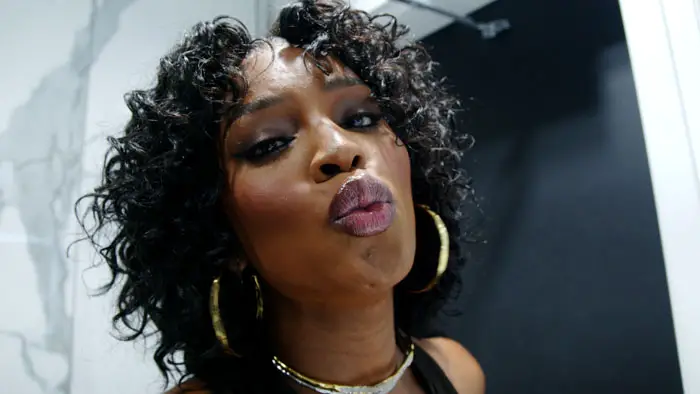
“…intimate profiles of four Black gay men and a transgender woman.”
The difficulties discussed wind up being as much about Black culture and racism as they are about homophobia. Black culture, in general, but particularly in the South, is known for being viciously homophobic, and this is still largely true. Obio Jones talks about coming out to his father and that it took two years for his dad to accept him, but he finally did. Dunlap Simone is a transgender woman who came to Atlanta and joined the ballroom dance scene, eventually being featured on the HBO Vogue competition show Legendary in the dance family House of Tisci.
Lowery is a model and producer, and part of the setting of the doc is around a fashion show. The production is immaculate. Everyone appearing in the film is well-dressed, and the sets are beautiful. The soundtrack music perfectly sets off the film.
As an Atlanta-based writer, seeing some of our favorite places featured in the film was a treat. Lowery shows Ponce City Market, Auburn Avenue, the Rainbow Crosswalk on 10th Street, and other iconic Atlanta locations. The LGBTQ community in Atlanta is vibrant and expansive, and Light Up showcases the city and that community in a respectful light. It is a celebration of the darkness and the joy of that journey, inviting all viewers to understand and empathize.
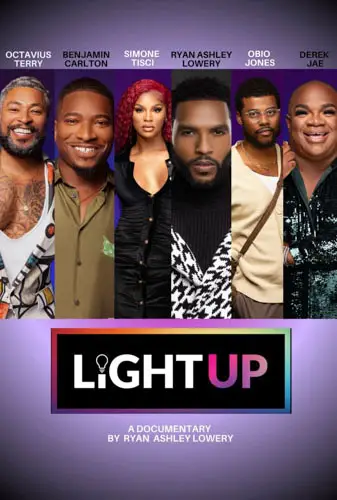
"…[invites] all viewers to understand and empathize."
